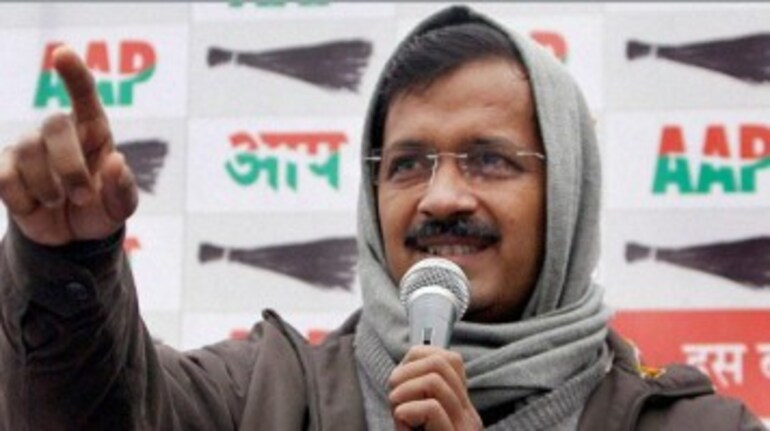



Members from the Congress, Bhartiya Janata Party and the newest entrant Aam Aadmi Party laid claim to the dais at the national council meeting of the Confederation of Indian Industry (CII) yesterday to unveil their economic agenda for the forthcoming national elections in the presence of the country’s top industrialists.
Sharma takes fight to opposition
The Congress sent one of its most pro-reform leaders, Anand Sharma, who blamed the principal opposition party, BJP, for delaying several key legislations.
“All our decisions in the past five years were challenged [by the opposition],” the commerce minister said, adding that “partisan politics had done a lot of damage” to the country. “Even if have to sit in the opposition after the elections, we will be committed to the nation unlike the present opposition that keeps blocking important decisions.”
Sharma outlined his party’s achievements in the field of FDI in multi-brand retail – the minister was one of the key champions of the cause – and highlighted the government’s recent move to push for foreign investment in a sector such as railway, long considered to be the most sensitive on the issue.
He was, however, candid in admitting the government’s failures such as on special economic zones (SEZ) policy and the ratcheting-up of expenditure and disagreed with the decision to make tax demands with retrospective effect.
BJP focuses on jobs
The BJP’s national treasurer Piyush Goyal talked about the need to impart skills to people and said the incumbent government’s spending on skill development was too small.
“Any government that comes to power has to look at skilling 20 crore people. We can achieve this by merging a skill development program with the MGNREGA,” he said, calling for a renewed focus to strengthen sectors such as manufacturing that has long been perceived to have been neglected by the UPA.
Goyal added that a BJP government, if it was to come to power, would make decision-making quicker, more institutionalized and focused on execution. “The SEZ was a good policy but failed because of poor implementation.”
He also sought to deflect criticism on the issue of goods and services taxes – the UPA government has often attacked BJP-led states for stonewalling progress – and said the party was not against the GST and that post removal of certain “contentious points” on revenue-sharing, it was committed to getting it approved.
AAP not anti-business
The star attraction at the conference, though, was Arvind Kejriwal whose speech was covered live by most news channels, even on a budget day.
The AAP convener said he wanted to dispel the view that his party was against business – the Delhi government under Kejriwal was often viewed to be having a run-in with big businesses – and said his economic policies could be summed up as “honest politics”.
The AAP is not against capitalism and not crony capitalism, the activist-turned-politician said, adding that his party’s focus was on increasing security, reforming the tax system, minimizing government’s interference in business and shoring up judiciary to ensure speedier justice delivery.
He added that AAP was not against privatization per se, and that clean governance would “take care of most ills”. “During my stint as Delhi CM, I would have traders who had complains about the system directly sit down with the officer in charge and issues would often get sorted out on the spot.”
Discover the latest Business News, Sensex, and Nifty updates. Obtain Personal Finance insights, tax queries, and expert opinions on Moneycontrol or download the Moneycontrol App to stay updated!
Find the best of Al News in one place, specially curated for you every weekend.
Stay on top of the latest tech trends and biggest startup news.